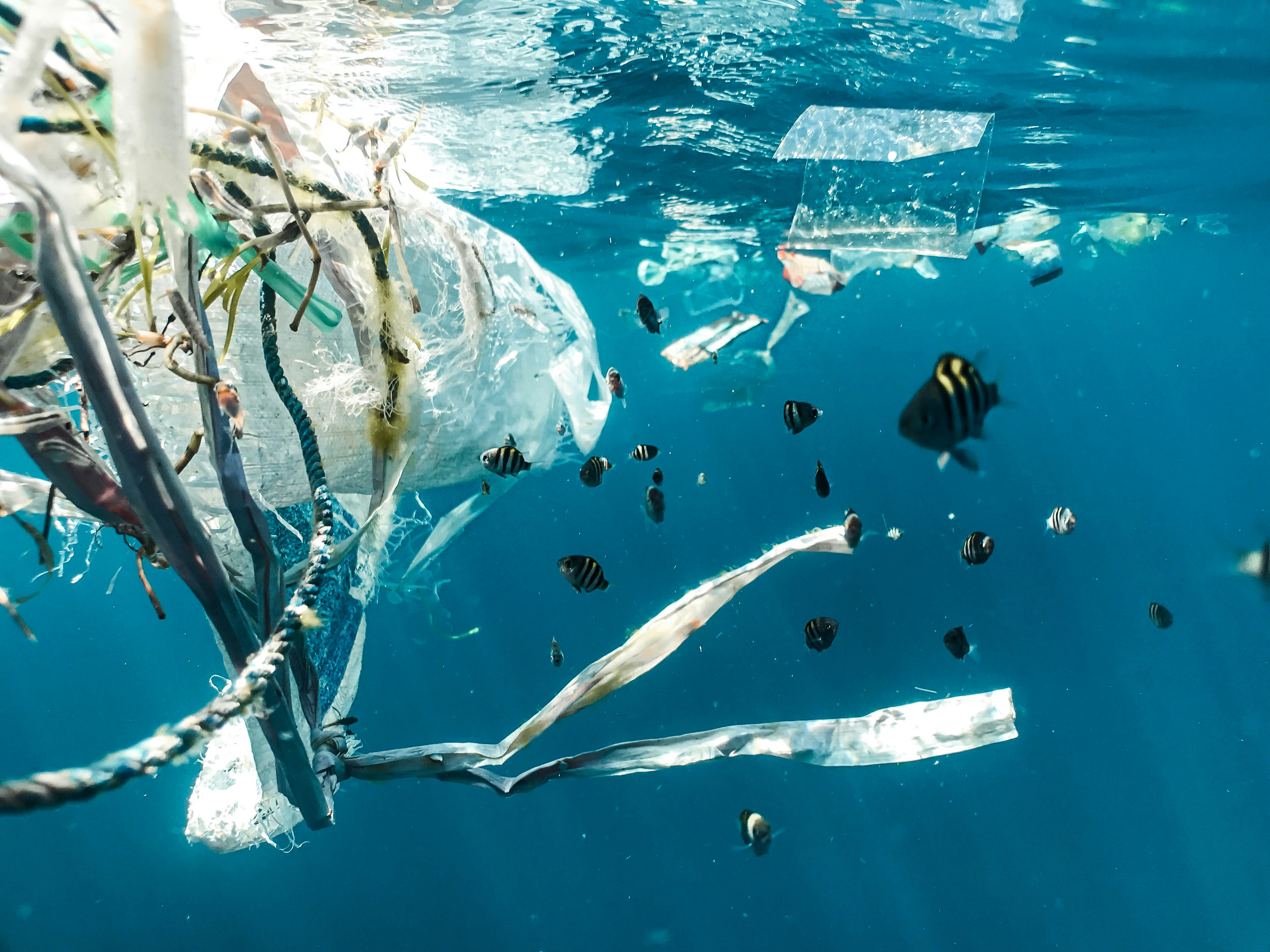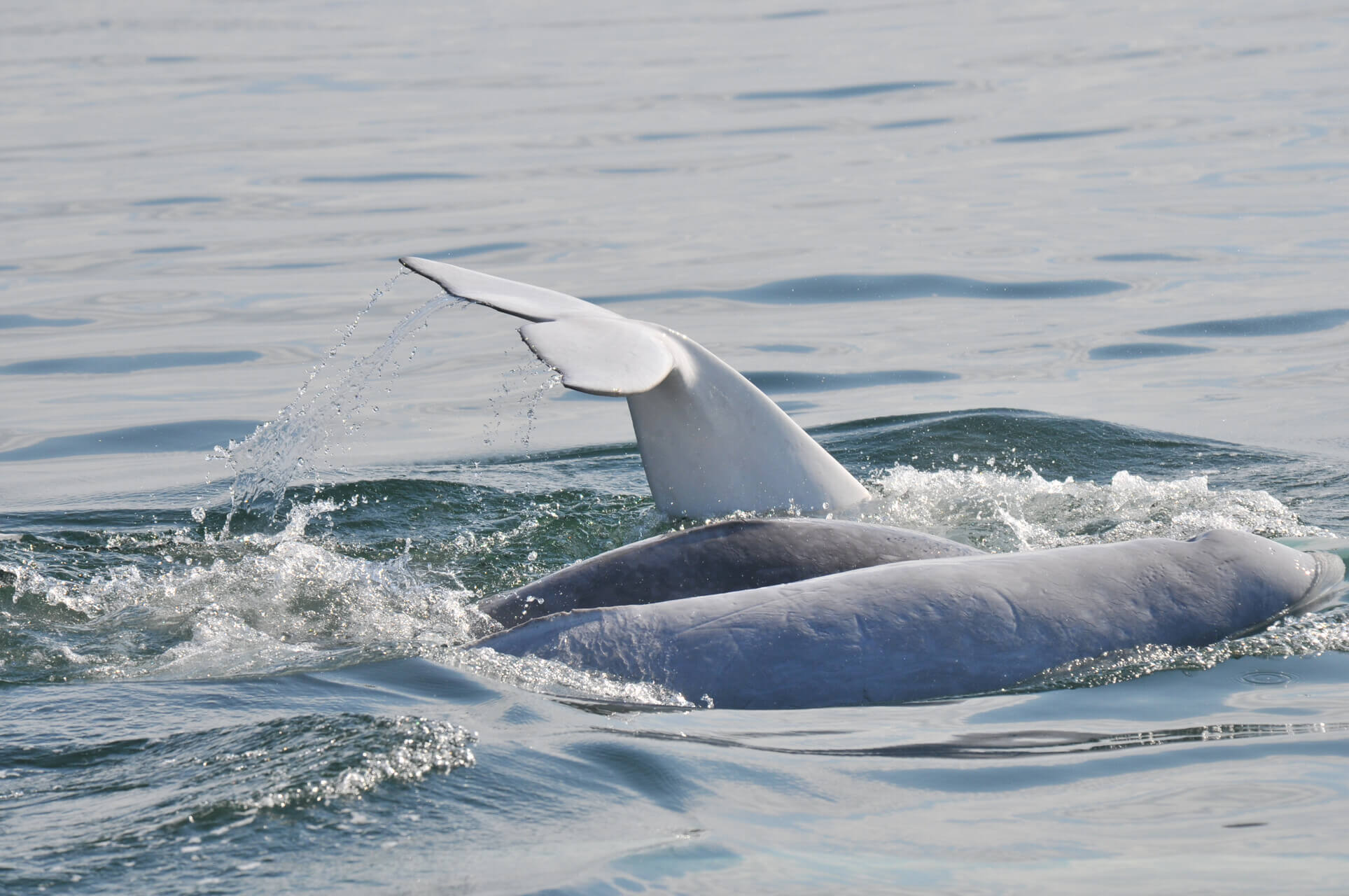Researchers call her Kleenex. Known since 1977, this right whale has been swimming with a rope wrapped around her head for 3 years now. On April 12, when she was seen by a team from the Center for Coastal Studies in Stellwagen Bank National Marine Sanctuary off the coast of Massachusetts, the rope was still present and the whale appeared to researchers to be weak and thin. An attempt was made to untangle the animal, and part of the rope was cut before the whale disappeared. Since then, weather conditions have not allowed researchers to return to sea to check up on Kleenex.
Kleenex represents a typical case of chronic entanglement; in fact, nearly 85% of right whales suffer a run-in with fishing gear at least once in their lifetimes. And while the snow crab and lobster season has been underway for a few weeks on the Canadian and US east coasts, protective measures have been put into place in both countries in an attempt to reduce the risk of mortality for these endangered whales.
Chronic entanglements affect the reproductive capacity of North Atlantic right whales. The breeding season for this species ended in late March and not a single newborn has been observed. This situation is particularly alarming, as only 450 North Atlantic right whales remain and 18 carcasses of this species have been found in the past 12 months. Kleenex was a particularly productive female. In fact, she is even believed to be the matriarch of nearly 5% of all North Atlantic right whales. She is the mother, grandmother or great-grandmother of approximately twenty whales, making her rescue all the more important and symbolic.
In Canada, Dominic LeBlanc, Canada’s Minister of Fisheries and Oceans, has announced that the ban on disentanglement operations would be lifted. A moratorium on this activity had been announced last July following the death of rescuer Joe Howlett.
One way to completely avoid entanglements (and ensuing rescue operations) would be to market rope-less fishing gear. “Two years ago, the researchers who came up with this brainstorm thought it was crazy. This year, prototypes are being tested by a few fishermen. Sometimes, solutions require one to think outside the box,” says Robert Michaud, scientific director of the Group for Research and Education on Marine Mammals and coordinator of the Quebec Marine Mammal Emergency Response Network.






